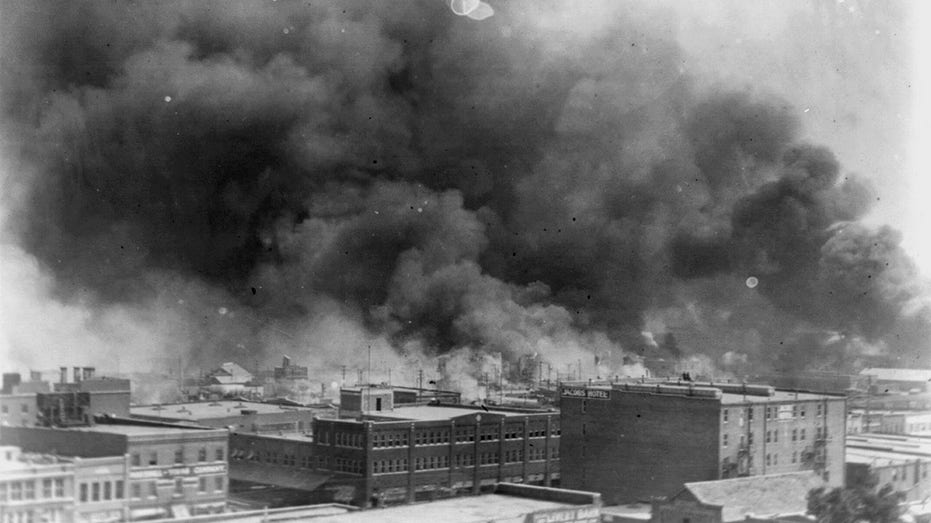Oklahoma’s highest court tossed a lawsuit seeking reparations for two survivors of the 1921 Tulsa Race Massacre, one of the worst incidents of violence involving race that saw more than 300 Black people killed by a White mob and the destruction of Black Wall Street, a thriving Black district.
The nine-member Oklahoma Supreme Court dismissed the lawsuit of the last two survivors of the riot, ruling that the plaintiff’s grievances, although legitimate, did not fall within the scope of the state’s public nuisance statute.
“We further hold that the plaintiff’s allegations do not sufficiently support a claim for unjust enrichment,” the court wrote in its decision.
Fox News Digital has reached out to Damario Solomon-Simmons, attorney for survivors Lessie Benningfield Randle and Viola Fletcher, who are both now over 100 years old. In a statement to Fox News Digital, the city of Tulsa said it respects the court’s decision.
“The City of Tulsa respects the court’s decision and affirms the significance of the work the City continues to do in the North Tulsa and Greenwood communities,” the city said. “Through economic development and policy projects, the 1921 Graves Investigation, and a renewed community vision for the Kirkpatrick Heights & Greenwood Master Plan, the City remains committed to working with residents and providing resources to support the North Tulsa and Greenwood communities.”
The lawsuit sought to force the city to pay for destruction by a white mob of the once-thriving Black district known as Greenwood. In 1921 — on May 31 and June 1 — the mob, including some people hastily deputized by authorities, looted and burned the district, which was referred to as Black Wall Street.
Randle and Fletcher brought the lawsuit in 2020. A third plaintiff, Hughes Van Ellis, died last year at the age of 102.
The surviving victims of the riot were never compensated for their losses and the massacre ultimately resulted in racial and economic disparities that still exist today, the lawsuit argued.
It sought a detailed accounting of the property and wealth lost or stolen in the massacre, the construction of a hospital in north Tulsa and the creation of a victims’ compensation fund, among other things.
The Associated Press contributed to this report.
























